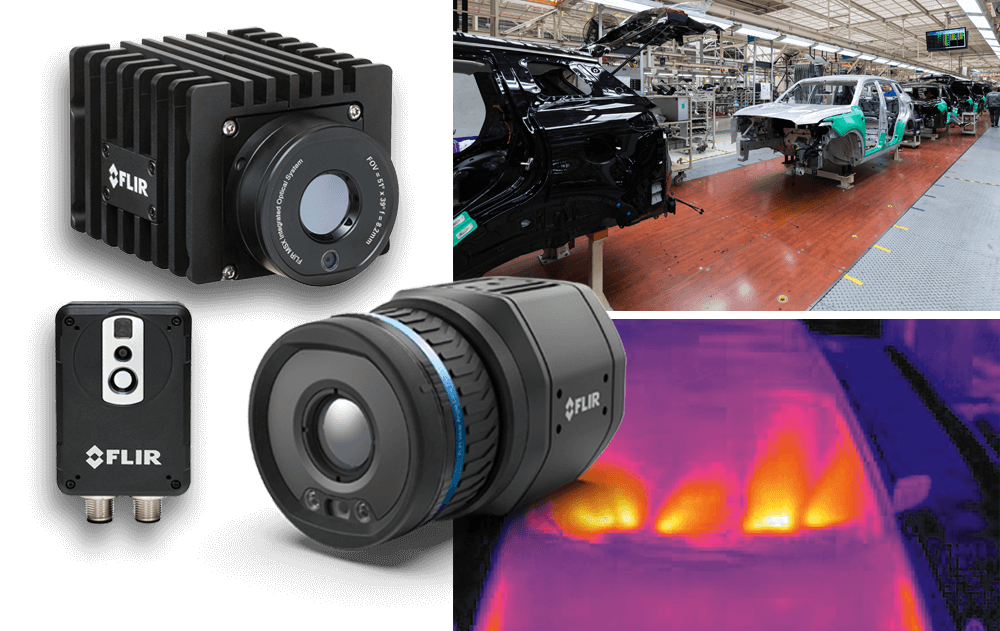#statusMessage#
Do you want to start the compare now?
#statusMessage#
Do you want to start the compare now?

With the increasing importance of renewable energies in the wake of climate change, solar energy is moving further into ...

The complexity of military radios and the often harsh weather conditions have a negative impact on the reliability of ra...

Automation with thermal imaging technology has proven to be a reliable solution for quality control in various industrie...

In diesem exklusiven Whitepaper erfahren Sie, wie Sie mit der richtigen Messtechnik arbeiten: ✔ Sie realisieren ein Test...
Manufacturer number: 885-400-000
| Warranty (years): | 1 |
|---|
PMK's Sonic 4000 RF active probe is ideal for performing in-circuit measurements. With its bandwidth from 220 Hz to> 4 GHz, the high input impedance, the low noise and the dynamic range of> ± 8 V, the Sonic 4000 RF is the ideal probe for spectrum, network, RF analyzers or other 50 Ω measurement systems . With an input capacitance of <0.6 pF, 2 MΩ in parallel between the probe tip and the probe reference (1 MΩ to the oscilloscope ground), the probe enables the scanning of sensitive circuits without placing an unfavorable load on the circuit under test.
The high impedance probe reference connection is a key feature of the Sonic 4000 RF. Unlike traditional single-ended probes, which have the probe reference tied to ground and can damage customer circuitry if accidentally connected to an ungrounded test point, the probe tip impedance of the Sonic 4000 RF to earth is 1 MΩ . This function enables a current-carrying circuit to be reliably checked without the possibility of short-circuiting the reference connection of the probe tip directly to earth.
The active Sonic 4000 RF probe uses a customer-specific PMK high-speed FET input amplifier with active sheath wave compensation to ensure an outstanding high-frequency response as well as low noise and low distortion for precise measurement of customer-specific signals. The output signal of the probe has no DC component, so it can be connected to DC-sensitive measuring devices.


